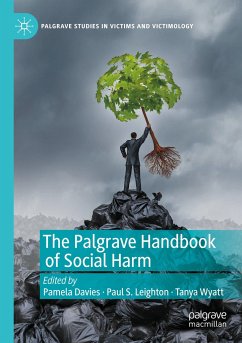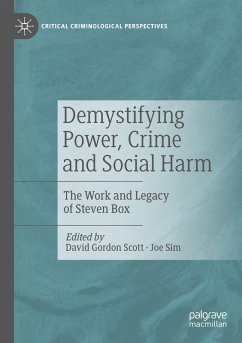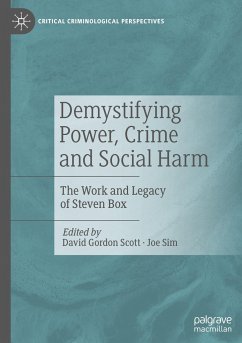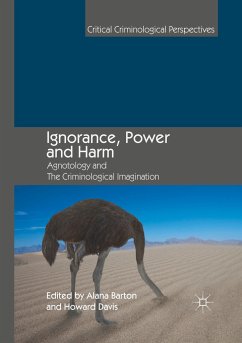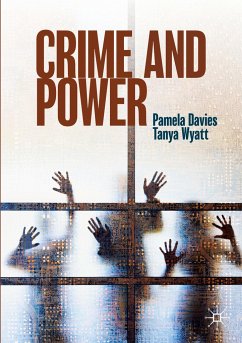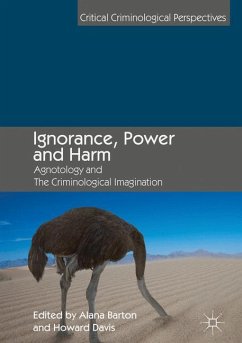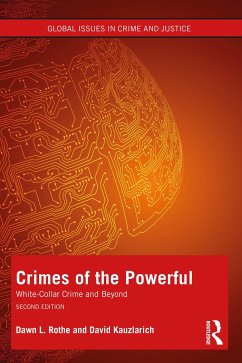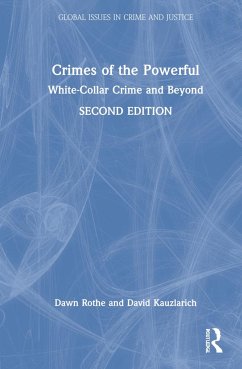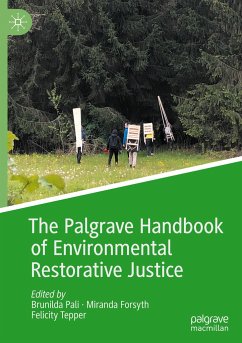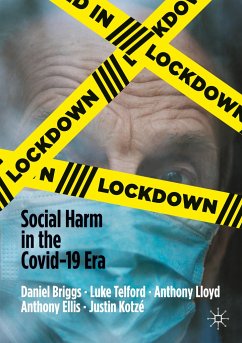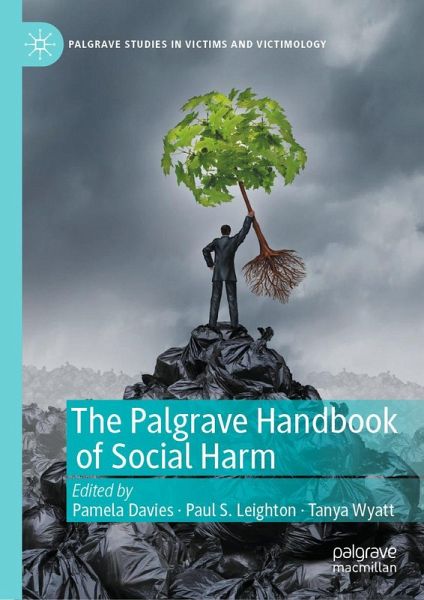
The Palgrave Handbook of Social Harm

PAYBACK Punkte
83 °P sammeln!
This handbook explores the concept of 'harm' in criminological scholarship and lays the foundation for a future zemiological agenda. 'Social harm' as a theoretical construct has become established as an alternative, broader lens through which to understand the causation and alleviation of widespread harm in society, thus moving beyond criminology and state definitions of crime and extending the range of criminological research. Applying zemiological concepts, this book comprehensively explores topics including violence, moral indifference, workplace injury, corporate and state harms, animal ri...
This handbook explores the concept of 'harm' in criminological scholarship and lays the foundation for a future zemiological agenda. 'Social harm' as a theoretical construct has become established as an alternative, broader lens through which to understand the causation and alleviation of widespread harm in society, thus moving beyond criminology and state definitions of crime and extending the range of criminological research. Applying zemiological concepts, this book comprehensively explores topics including violence, moral indifference, workplace injury, corporate and state harms, animal rights, migration, gender, poverty, security and victimisation. This definitive work covers theory, research, scholarship and future visions across four sections, and includes contributions from areas such as criminology, sociology, socio-legal and cultural studies, social policy and international relations. It offers readers up-to-date, original theoretical perspectives and an analysis of a broad range of issues from a 'social harm' perspective.





